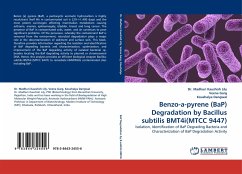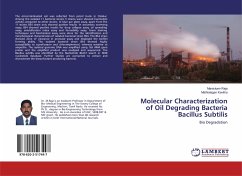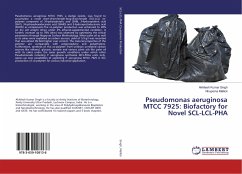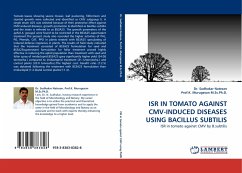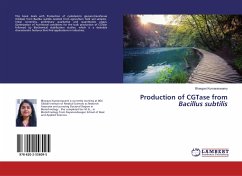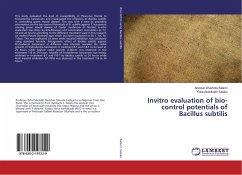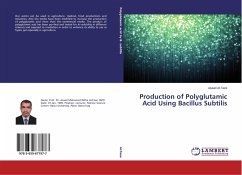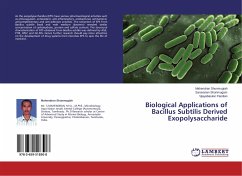Benzo [a] pyrene (BaP), a pentacyclic aromatic hydrocarbon is highly recalcitrant (half life in contaminated soil is 229-1,400 days) and the most potent carcinogen affecting mammalian metabolism causing asthama, anemia, splenomegaly, bladder, breast and lung cancer. The presence of BaP in contaminated soils, water, and air continues to pose significant problems. Of the processes, whereby the contaminant BaP is removed from the environment, microbial degradation plays a major role in the decontamination of sediment and surface soils. This book, therefore provides information regarding the isolation and identification of BaP degrading bacteria and characterization, optimization, and improvement of the BaP degrading activity of isolated bacterial sp. besides locating the BaP degrading activity to plasmid or chromosomal DNA. Hence, this analysis provides an efficient biological weapon Bacillus subtilis BMT4i (MTCC 9447) to remediate HMWPAHs contaminated sites including BaP.
Bitte wählen Sie Ihr Anliegen aus.
Rechnungen
Retourenschein anfordern
Bestellstatus
Storno

